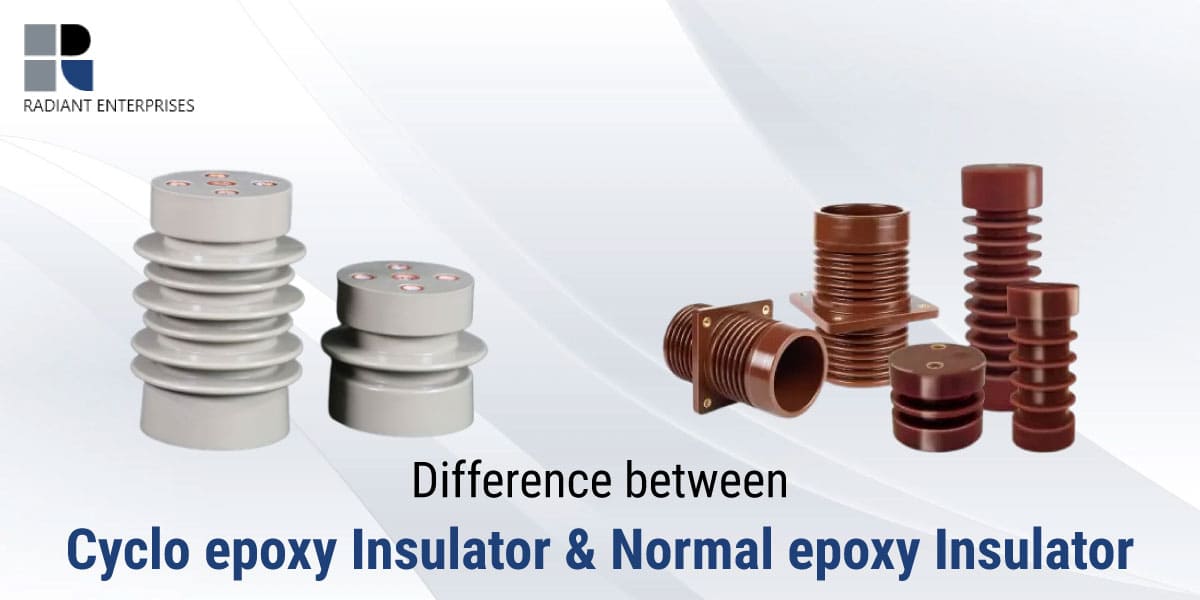
Fill all information details to consult with us to get services from us

Put simply, epoxy refers to the raw materials and finished goods made from epoxy resins. Epoxy resins, or polyepoxides, are a type of reactive prepolymer and polymer characterised by the presence of epoxide groups in their molecular structure. Epoxy is a collective term for the epoxide functional group. Oxirane is the IUPAC name for the epoxide group.
Polyfunctional amines, phenols, acids, thiols as well as alcohols are only a few of the many co-reactants that can be reacted with epoxy resins. This cross-linking reaction is also known as curing, and the co-reactants involved are sometimes called curatives or hardeners.
A thermosetting polymer with desirable mechanical properties, high chemical as well as thermal resistance is formed when polyepoxides react with the other or with polyfunctional hardeners. Metal coatings, composites, electronic components, LEDs, high-tension electrical insulators, paint brush production, fibre-reinforced materials as well as adhesives for structural uses are just some of the many places epoxy can be found.
Epoxy resin chemicals provide dangers to human health such as contact dermatitis and allergic responses, as well as respiratory issues from breathing sanding dust and vapour, particularly when they aren’t fully cured.
Epoxy-based materials are widely used because of their versatility and wide range of potential uses. Coatings, adhesives, and composite materials like those reinforced with fibreglass as well as carbon fibre are some examples of where these applications can be found in use. Cure polymers can be made with a wide variety of qualities thanks to epoxy’s chemistry as well as the availability of many variants on the market. They have found widespread application with cement-based structures. Epoxies are widely lauded for their chemical and heat resistance, superior adhesion, adaptability with exceptional mechanical qualities, and very strong electrical insulating capabilities. The properties of epoxies are highly adaptable. Varieties are available that provide excellent thermal insulation or thermal conductivity coupled with strong electrical resistance for use in electronics. If you are looking for the most distinguished Cycloaliphatic epoxy insulators manufacturer in India, Radiant Enterprises can fulfil all your epoxy insulators as well as other epoxy products needs.
In order to achieve the desired processing or finishing qualities or to decrease cost, it is customary to combine multiple epoxy resin grades, along with the use of plasticizers, additives, or fillers, as is the case with other classes of thermoset polymer materials. Formulating is a term commonly used to describe the process of combining ingredients and adjusting their concentrations using components such as additives and fillers.
As an exothermic process, it produces heat independently of the amount of mix used. If you increase the amount being worked with, you will raise the reaction rate as well as lower the amount of time it takes to complete the task (pot-life). Therefore, it is recommended to mix any small amount that may be used immediately so as to reduce waste and ensure safety. They can be strengthened in a number of ways.
Superior moisture, UV resistance, improved gloss as well as colour stability, outstanding electrical qualities, and a greater heat deflection temperature make cycloaliphatic epoxy resins a desirable alternative to traditional bisphenol epoxies (DGEBA & DGEBF). Several of these resins are sufficiently low in viscosity to be used as reactive diluents. Radiant Enterprises - an excellent Cycloaliphatic epoxy insulators manufacturer in India can fulfil all of your Cyclo epoxy products requirements.
Hydrogenated bisphenol A epoxy is one of the most widely produced cycloaliphatic epoxies. Similar to DGEBA, this type of resin has a low glass transition temperature and low resin viscosity. It possesses somewhat greater moduli, more impact resistance, better stability of dimensions at high temperatures, as well as greater thermal stability with a starting degradation temperature of >305 °C.
Polyfunctional amines, phenols, acid anhydrides, thiols as well as alcohols are just a few of the many co-reactants that can be used to cure or set cycloaliphatic epoxies. The conjoining reaction is typically known as curing, while the co-reactants are often referred to as hardeners.
An aliphatic hydrocarbon molecule is widely referred to as Cycloaliphatic if it has a ring structure similar to a cyclobutane but not a benzene ring. Cyclic and thus less stable than their alicyclic counterparts in nature, non-aromatic hydrocarbons are a type of hydrocarbon. Heptalene, methylcyclohexane, and cyclopropane are all examples of cycloaliphatic chemicals.
Industrial applications for cycloaliphatic compounds include the production of resin, coatings, hardeners, and additives.
High-performance coatings, composites, and adhesives can all benefit from the use of cycloaliphatic hydrocarbon compounds. They're better at withstanding chemicals, temperatures, and ultraviolet light.
Many different types of businesses make use of cycloaliphatic epoxy resins. Useful goods include cycloaliphatic epoxy insulators, cationic and UV curable resins, adhesives, external coatings, potting compounds as well as encapsulations for electronic components, laminates, gel coats, and many others. They are also used in the production of polyester, alkyd, as well as other epoxy products as reactive diluents and modifiers to boost filler loading and/or enhance colour stability and weatherability.